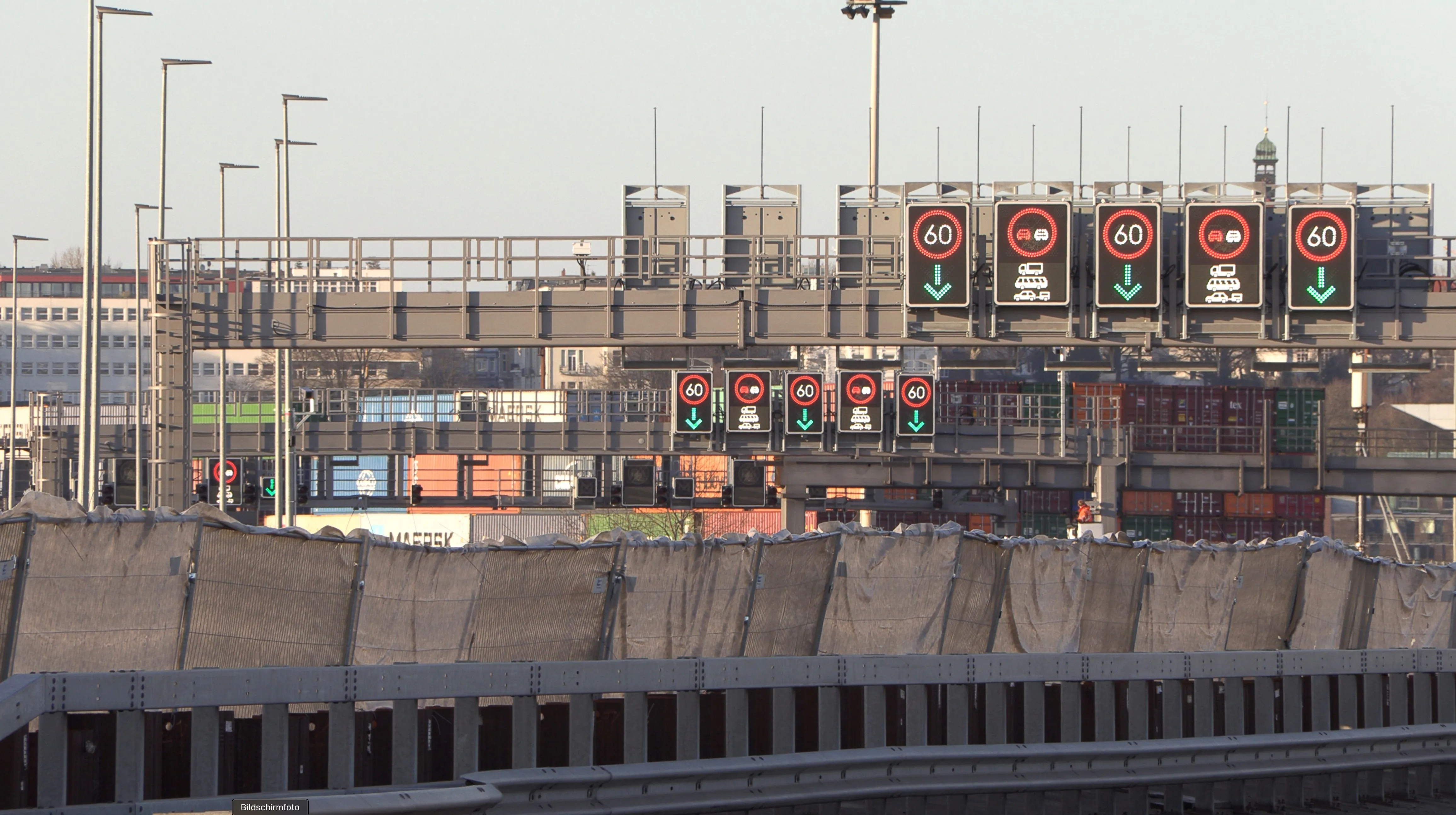Canada-based road lighting control manufacturer Nyx Hemera Technologies has signed an agreement to carry out a study on Colombian tunnels lighting with the Colombian Tunnelling Association (ACTOS) and Colombian Society of Engineering (SCI).
The study will identify how tunnel lighting can be optimised with photometric expertise, the latest LED lighting technologies, and advanced intelligent lighting control for tunnels. It will focus on 30 existing tunnels of over 240 metres and over 150 tunnels to be bui
October 21, 2015
Read time: 2 mins
Canada-based road lighting control manufacturer 7797 Nyx Hemera Technologies has signed an agreement to carry out a study on Colombian tunnels lighting with the Colombian Tunnelling Association (ACTOS) and Colombian Society of Engineering (SCI).
The study will identify how tunnel lighting can be optimised with photometric expertise, the latest LED lighting technologies, and advanced intelligent lighting control for tunnels. It will focus on 30 existing tunnels of over 240 metres and over 150 tunnels to be built and covered by the standard Reglamento Técnico de Iluminación y Alumbrado Público, RETILAP. Like the standard RETILAP, the study will cover the rational utilisation of energy.
The main objective of the study is to present to authorities and main stakeholders of the tunnel industry the potential benefits for driver safety, energy savings and environment protection that the responsible adoption of better lighting and intelligent control practices can offer.
According to Pierre Longtin, Nyx Hemera Technologies’ president and CEO, “Initial estimates allow us to consider that the adoption of an intelligent lighting system for Colombian tunnels can provide energy saving of over 29 GWH per year. This will generate electricity to serve thousands of Colombians, save many hundreds of thousand dollars during the infrastructure’s life time, and avoid the emission of 5,000 tonnes of CO2 per year thanks to new technologies.”
The study involves a transfer of knowledge by Québec specialists based on their worldwide experience. In addition, this collaboration will enable the development of a tunnel lighting courses that will be part of a diploma issued by ACTOS.
The study will identify how tunnel lighting can be optimised with photometric expertise, the latest LED lighting technologies, and advanced intelligent lighting control for tunnels. It will focus on 30 existing tunnels of over 240 metres and over 150 tunnels to be built and covered by the standard Reglamento Técnico de Iluminación y Alumbrado Público, RETILAP. Like the standard RETILAP, the study will cover the rational utilisation of energy.
The main objective of the study is to present to authorities and main stakeholders of the tunnel industry the potential benefits for driver safety, energy savings and environment protection that the responsible adoption of better lighting and intelligent control practices can offer.
According to Pierre Longtin, Nyx Hemera Technologies’ president and CEO, “Initial estimates allow us to consider that the adoption of an intelligent lighting system for Colombian tunnels can provide energy saving of over 29 GWH per year. This will generate electricity to serve thousands of Colombians, save many hundreds of thousand dollars during the infrastructure’s life time, and avoid the emission of 5,000 tonnes of CO2 per year thanks to new technologies.”
The study involves a transfer of knowledge by Québec specialists based on their worldwide experience. In addition, this collaboration will enable the development of a tunnel lighting courses that will be part of a diploma issued by ACTOS.







